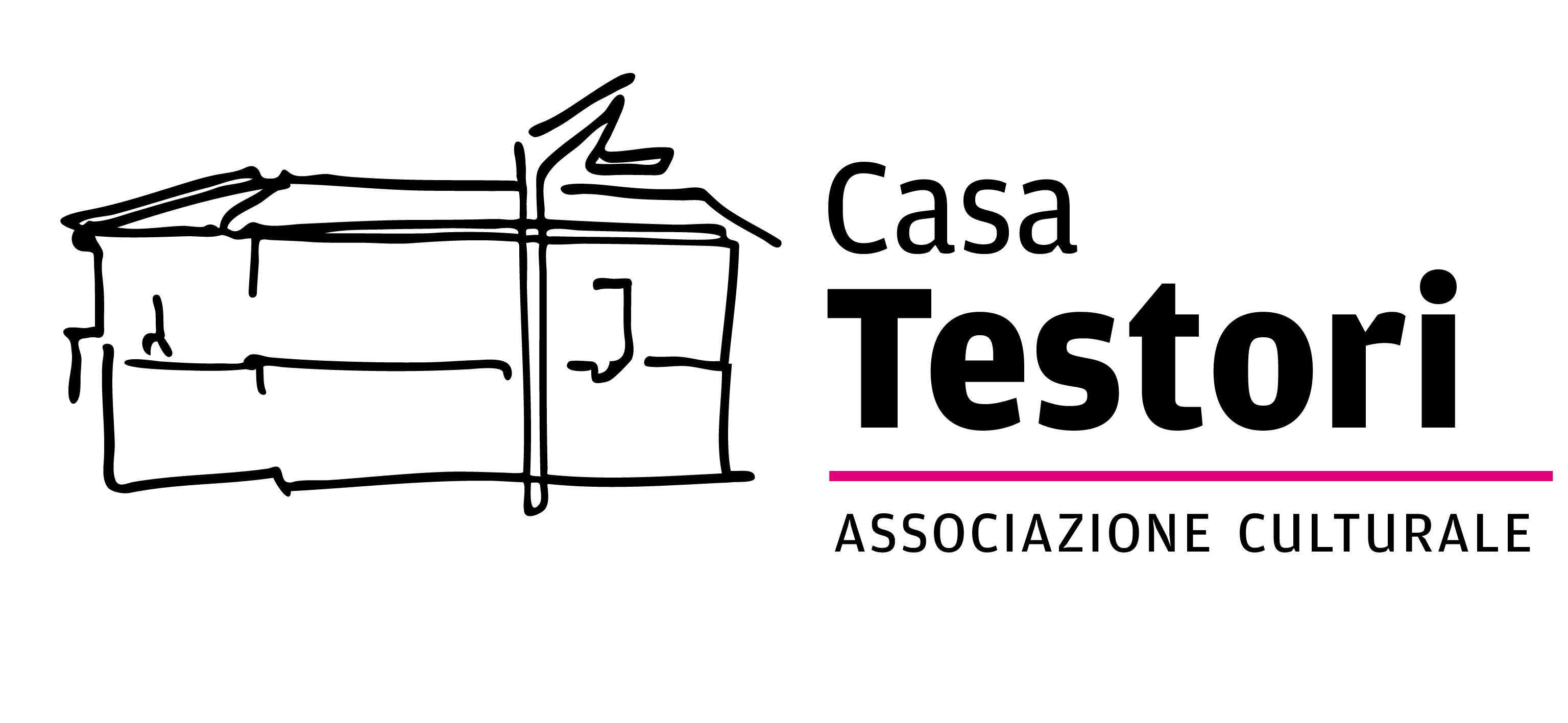Elisabetta Tagliabue, MEMORY GAME
Room 2
The research stems from the need to respond to the destabilisation to which our technological and virtual society exposes us every day. The virtual world, in fact, changes our perception of space and time, making the need to map, circumscribe and ascribe one’s physical, carnal presence in a precise time and space increasingly pressing.
This geography – that of one’s own person, one’s own life – is constructed in an affective relationship with things, places and people. For this reason, the privileged instrument of research is memory. It anchors the human subject in the here and now and makes a constructive (and therefore creative) link with the world possible. In my work, this investigation is carried out by analysing places, objects and people through which it becomes possible to reconstruct one’s presence in the world.
Elisabetta Tagliabue
There are things we need to remember.
Important things that we don’t want to lose – almost can’t – because they have said or say a part of us.
The geographies, small maps, invite us to follow the artist in a real exploration of memory made accessible by the stratification of photography and drawing, plans and brief notes. The pause on a particular object, the inclusion or exclusion of details, the sudden changes of scale and plan are the steps of a path that articulates signs and structures in spaces capable of communicating the life of those who inhabited them.
If geographies retrace, places retain.
The modelling of a recurring idea characterises places, as if it were a sequence of variations on a theme. One definition follows another, as in a search that tirelessly retraces its steps to sound out its reasoning once again. Suddenly, however, in the dialogue between memory and creation, one memory inexplicably opens up another and the chosen path leads in a new direction: W. becomes a fish, the fish an apple.
Federico Giani
Elisabetta Tagliabue was born in Milan in 1985, where she lives and works.
Posted on: 7 December 2021, by : Alessandro Ulleri








